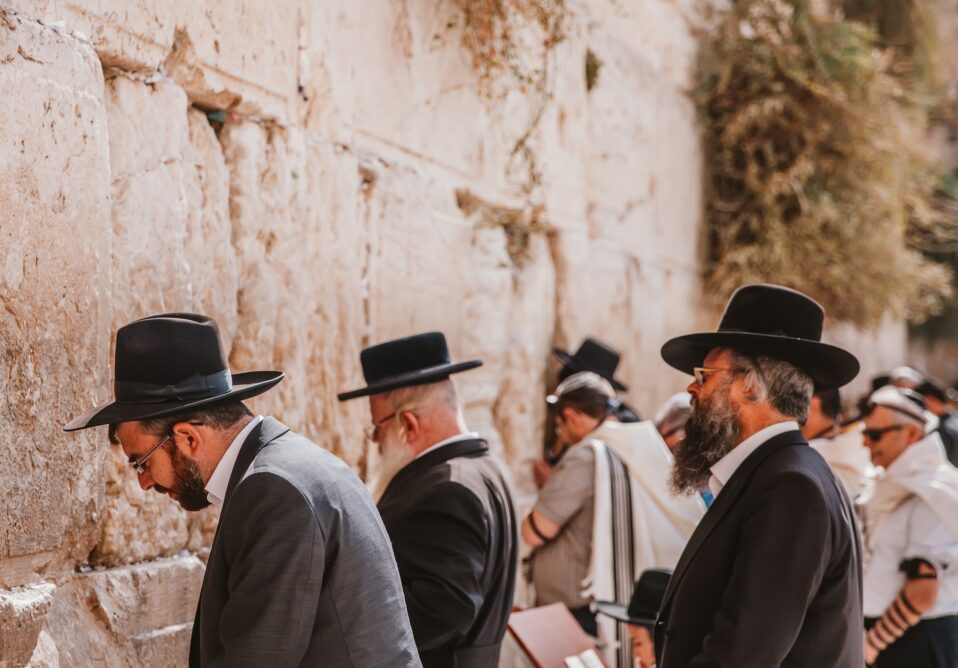“Therefore if you bring your gift to the altar, and there remember that your brother has something against you, leave your gift there before the altar, and go your way. First be reconciled to your brother, and then come and offer your gift” (Matthew 5:23-24 NKJV).
The Bible describes three types of sins: 1) intentional sins that I commit against God, 2) unintentional sins that I commit against God, and 3) sins that I commit against my neighbor.
For sins I intentionally commit against God, the only course of forgiveness is repentance: “You do not want a sacrifice, or I would give it; You are not pleased with a burnt offering. The sacrifice pleasing to God is a broken spirit. God, You will not despise a broken and humbled heart” (Psalm 51:16-17 HCSB).
Jesus’ injunction to His followers (Matthew 5:23-24) comes from this biblical realization regarding the different ways in which we must deal with the broken relationships in our lives.
For Jesus’ first-century Galilean listeners, the only place they could make an offering was in the Jerusalem Temple—a journey that took at least four days from the Galilee.
It’s striking to hear Jesus’ words as His initial audience did: If you are at the altar in Jerusalem and remember that someone has something against you, leave your offering, go back at least four days’ journey, and be reconciled. Then return to Jerusalem and present your offering to God.
Reconciliation with one’s neighbor provided the foundation for that offering to be accepted.
Jesus’ commandment to His followers, even the spirit of it, grew from the world of ancient Judaism. This command is still practiced today within the Jewish community in the days surrounding Yom Kippur, the Day of Atonement, the most holy day within Judaism.
In the days leading up to Yom Kippur—a day when people fast, repent, and call upon God to forgive the sins they committed against Him—Jewish people first seek to be reconciled with their neighbors.
They ask forgiveness and seek to make restitution. Why? Because of the belief that we cannot ask forgiveness from God on Yom Kippur if we have unrepaired relationships with our neighbors. Those must be repaired first, even if we must make restitution.
This same spirit stands behind the teachings of Jesus. My relationships with others provide the foundation for my relationship with God.
Then Zacchaeus stood and said to the Lord, “Look, Lord, I give half of my goods to the poor; and if I have taken anything from anyone by false accusation, I restore fourfold.” And Jesus said to him, “Today salvation has come to this house” (Luke 19:8-9 NKJV).
When we think about the Day of Atonement, we often focus upon our relationship with God and His forgiveness of our sins.
The Scriptures teach us that our repairing, making restitution, and reconciling ourselves with our neighbor is an indicator of our relationship with God:
If someone says, “I love God,” and hates his brother, he is a liar; for he who does not love his brother whom he has seen, how can he love God whom he has not seen? (1 John 4:20 NKJV).
PRAYER
Father, forgive us as we have forgiven. Amen.




Post a comment